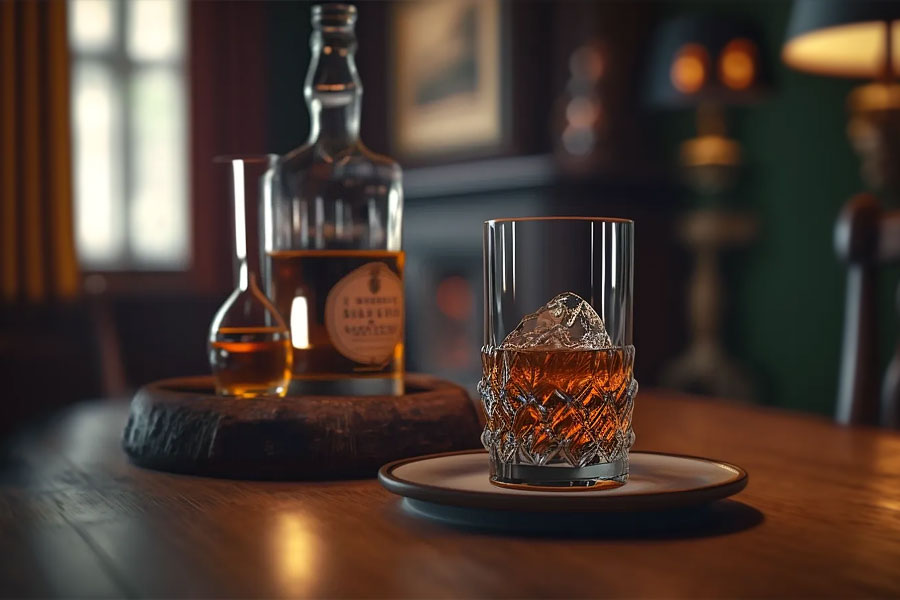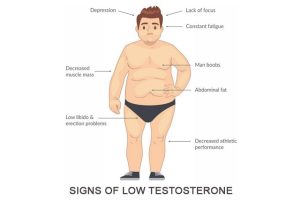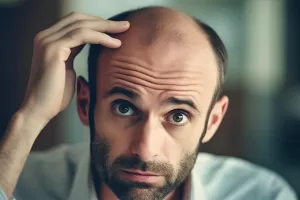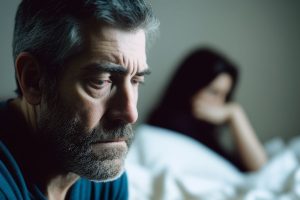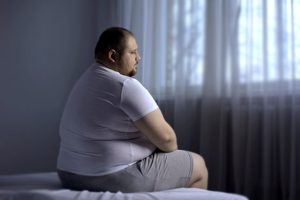Cialis, or tadalafil, is a prescription drug intended for treating erectile dysfunction. ED is a condition when a person has difficulty getting or maintaining an erection. And oftentimes, the moments of intimacy are accompanied by both Cialis and alcoholic beverages which raises a question: can you drink if taking Cialis and what will happen?
What is Cialis?
Cialis belongs to a pharmaceutical group of phosphodiesterase 5 (PDE5) inhibitors. The FDA indicates it for the treatment of such conditions:
- erectile dysfunction;
- the signs and symptoms of benign prostatic hyperplasia (BPH);
- the combination of the latter two.
It is an oral tablet that is to be taken whole: splitting the pill is prohibited by the instruction as it may affect the way it absorbs and works. The medicine can be used without regard to food. It takes from 30 minutes to 2 hours for the tablet to work and the effect can hold for up to 36 hours.
Cialis is available in doses of 2.5, 5,10, and 20 mg. The recommended dose for administration for use when needed is 10 mg with a subsequent adjustment (reducing to 5 mg or increasing to 20 mg) depending on the effectiveness and tolerance. The pill is recommended to be taken at least 1 hour prior to the intended sexual activity as it needs time to work, and not more often than once per day.
For once-daily use when systematically treating erectile dysfunction, the starting dose of tadalafil is 2.5 mg per day with no regard to intercourses. If needed, the dose can be increased to 5 mg. It is recommended to take medication at the same time of the day to keep a consistent interval between doses.
Generic Cialis, which is every other tadalafil drug under another commercial name, can be used similarly unless the other is specified in the instruction.
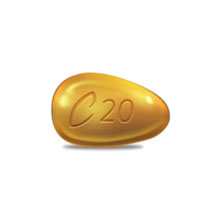
ERECTILE DYSFUNCTION
Cialis (Tadalafil)
$0.88 PER PILL
How Does Cialis Work?
In terms of its pharmaceutical effect, tadalafil is a vasodilator. This means the medication helps smooth muscles of the blood vessel walls to relax, thus, widening them and increasing the blood flow. Thanks to this, the cavernous tissue of the penis fills with blood, creating and maintaining an erection.
How Alcohol Affects Erections
An erection is a result of complex processes that involve the brain, hormone system, bloodstream, and nerves. And alcohol is a depressant for the central nervous system, sedating it and slowing the speed of the signals that the brain sends. It can be both beneficial and harmful to a person’s sexual health.
In small doses and without overuse, the sedative effect of alcohol is actually fine. It can help with some stress and anxiety, and make you more relaxed and confident. When much inebriated, however, the nervous signal of sexual arousal may not reach the genitalia which results in the absence of erection. Also, alcohol intoxication contributes to dehydration that leads to poorer circulation affecting how blood can flow to the cavernous tissue of the penis making it erect.
Alcohol has also some effect on the blood vessel walls which, as explained earlier, affects erection. In small doses, it works as a vasodilator, helping widen the vessels and increase the blood flow which is helpful for getting an erection. In toxic doses, however, it turns into a vasoconstrictor, making the vessels tight and increasing blood pressure. The intoxicated person gets not only a headache but also a risk of developing hypertension and somewhat blocked blood flow.
Long-term and regular use of alcohol may cause or worsen the symptoms of erectile dysfunction in such ways:
- Alcohol increases the risk of developing cardiovascular diseases and blood vessel damage which are connected to ED.
- May cause a drop in testosterone level. Being the primary male sex hormone, testosterone plays a huge role in reproductive processes including sex drive.
- Alcohol can irreversibly damage the brain and nervous system, affecting all the aspects of the person’s life including sexual.
Alcohol-induced erectile dysfunction is a separate diagnosis with a simple treatment of stopping alcohol use. Please contact your family doctor or a mental health counselor, if you experiencing difficulties in the regulation of your alcohol intake or one of the following:
- trying to drink in private and secretly;
- drinking becomes the most attractive activity for you;
- developing cravings for alcohol;
- suffering the effects of withdrawal;
- drinking is prioritized over other obligations;
- starting drinking early in the day, often as soon as you wake up;
- alcohol-related financial or relationship problems.
Cialis and Alcohol Effects
With alcohol being a vasodilator when used in a moderate dose, Cialis and alcohol interaction can boost the corresponding effect of the drug causing hypotension, which is a blood-pressure-level drop. While boosting sounds good, you do not want to overdo such things: too-low blood pressure can result in:
- headache;
- dizziness;
- nausea;
- tachicardia (increased heart rate);
- orthostatic, or postural, hypotension, which is a drop in blood pressure level upon standing from sitting or laying position;
- lightheadedness and fainting.
This goes to another phosphodiesterase 5 (PDE5) inhibitors, such as Viagra or Levitra. And remember that every organism is individual and even your own body’s capabilities can change over time so be attentive regarding how you feel.
Can alcohol affect Cialis’ intended effect? Yes, of course. With much intoxication, the negative effects that alcohol has on erection, will arise, practically nullifying the work of the medication.
Remember that alcohol can be a factor in the initial development of erectile dysfunction so, when you are undergoing medical treatment for it, it is best to moderate how much you drink.
Side Effects of Tadalafil and Alcohol
The side effects of tadalafil and alcohol can be somewhat similar. The most common of them include:
- headache;
- dizziness;
- flushing (face and neck redness);
- dyspepsia.
Cialis can also cause back and limp pain, nasal congestion, diarrhea, and muscle pain. There are also more serious effects that require you to seek medical attention:
- Priapism. It is an erection that lasts over 4 hours and is accompanied by pain; can lead to tissue damage.
- Heart pain.
- Hypotension causing a feeling of weakness and fainting.
- Hearing and vision changes.
Cialis and Alcohol Advices
Taking Cialis after alcohol is not going to be problematic if you are responsible about how much you drink. The prescribing information regarding Cialis specifies that substantial consumption of alcohol, when combined with tadalafil, is 5 units or greater.
What are alcohol units?
The alcohol units are a universal and simple way to understand how much pure alcohol you are consuming with your beverages. What you need to know, are the size of your drink and its strength (alcohol by volume or ABV). Then, use the formula:
strength (ABV) x volume (ml) ÷ 1,000 = units .
For example, a 750 ml bottle of 13% wine in nearly 10 units:
13%(ABV) x 750 ml (volume) ÷ 1,000 = 9.75.
Some other popular drinks in alcohol units:
- 25ml shot of a drink with 40% ABV (rum, vodka, tequila, etc) is 1 unit.
- a pint of mild (3.6% ABV) beer, lager, or cider is 2.3 units.
- large glass of white, rose, or red wine is 3.3 units.
Please note that your individual sensitivity to alcohol may affect its quantity which is appropriate for you. If you are getting intoxicated easily, take into account your own experience, not a statistical average.
Cialis
(Tadalafil)
$0.41 PER PILL

Viagra
(Sildenafil)
$0.27 PER PILL
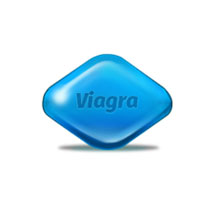
ED Pack
(Sildenafil, Vardenafil, Tadalafil)
$3.21 PER PILL
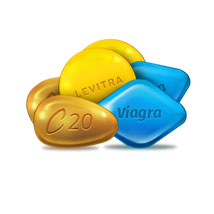
Summary
Cialis, or tadalafil, is a modern medication for treating erectile dysfunction. It can be used in small dosages on a regular basis to treat a chronic condition, or it can be taken when needed, 40 minutes or an hour before any sexual activity. The drug is one of the phosphodiesterase 5 (PDE5) inhibitors, like viagra, and works similarly, relaxing the smooth muscles and widening the walls of blood vessels. It helps blood to fill the cavernous bodies of the penis which creates and retains an erection.
Alcohol can boost mood and help with stress and anxiety, which, for their part, can cause problems with erection. However, in small doses, it also works as a vasodilator and intensifies the hypotension effect of the drug.
Severe alcohol intoxication can lead to a vast variety of different conditions, which affect the person’s sexual performance. Those range from headache, dizziness, nausea, confusion, and trouble with motor skills to heart problems and losing consciousness.
In addition, alcohol is one of the primary factors that are linked to the development of erectile dysfunction. Thus, when taking Cialis for treating chronic ED, consuming alcohol contradicts the point of treatment.
In occasional use when needed, though, Cialis is compatible with a reasonable amount of alcoholic beverages. You can benefit from both the taste and the relaxing effect.
FAQ
Can I drink alcohol while I’m on Cialis?
Yes, you can drink alcohol after taking a Cialis pill when it is not being used regularly and you moderate your intake.
How much Cialis and alcohol is too much?
One large glass of wine or two pints of light beer are acceptable with tadalafil.
Which ED drug works best with alcohol?
Cialis, being one of the most modern medications in the group of PDE5 inhibitors intended for ED treatment, works with overall fewer adverse effects, which makes it the most compatible with spirits.

